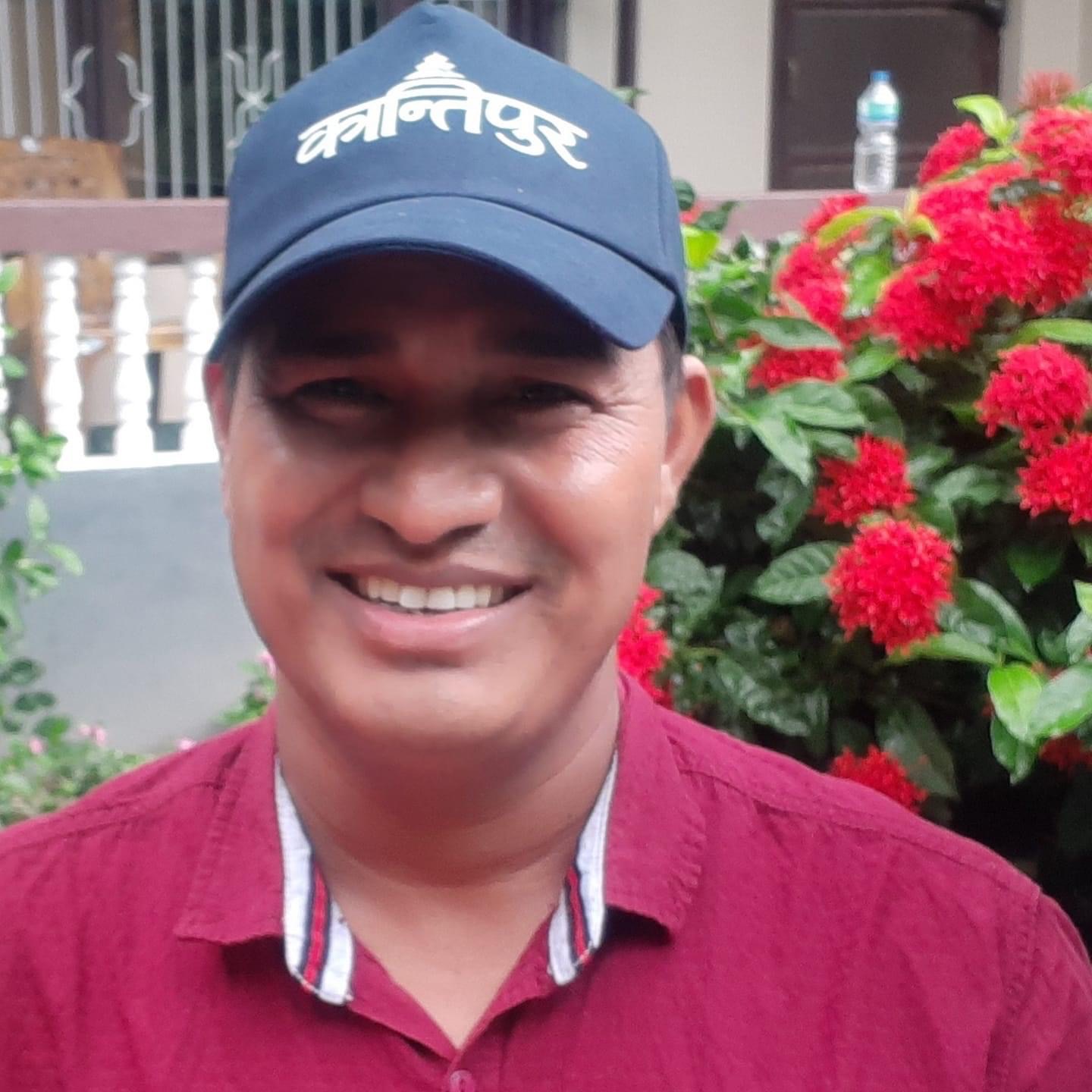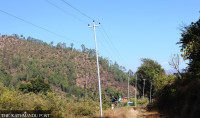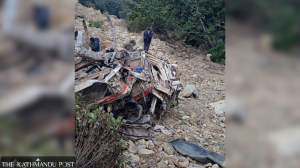Karnali Province
Karnali governments plan to spend more than they earn on their officials’ perks
A bill registered in the provincial assembly secretariat proposes facilities for elected representatives under 13 different headings.
Kalendra Sejuwal
Local governments in Karnali Province plan to spend more than they earn in revenue, that too on their own perks and facilities.
The local governments, which presented their annual budget for the new fiscal recently, made allocations to pay for their own perks based on a yet-to-be-endorsed bill registered in the Provincial Assembly. Approximately Rs 640 million will be spent on facilities for the people’s representatives in one fiscal year if the bill, registered by the provincial government in the assembly on Provincial Assembly secretariat on June 21, is passed as it is.
“People’s representatives are eligible for certain facilities and because the local body does not have internal resources, we have allocated budget from whatever money we have,” said Ujir Rokaya, acting chief administrative officer at Simkot Rural Municipality in Humla, which has proposed to spend Rs 7.8 million to pay for the people’s representatives’s perks. The municipality projects to raise only Rs 1 million on its own..
According to the provincial treasury comptroller office, 79 local governments in the province raised Rs 468 million in revenue in 2018/19. Man Bahadur Bam, chief at the office, said that local governments’ income is likely to dwindle in the future due to the Covid-19 pandemic.
The bill, based on which the local governments prepared their budgets, proposes facilities for chiefs, deputy chiefs, ward chiefs, ward members, village/town council members and District Coordination Committee (DCC) members under 13 different headings.
The bill proposes to provide Rs 33,000 and 27,000 per month to the chief and deputy chief of the rural municipality, excluding transportation expenses. The mayor and deputy mayor is to receive a monthly perk of Rs 38,000 and 32,000 respectively. Similarly, the ward chief of the rural municipality and municipality si to receive Rs 20,000 and 25,000 respectively.
The bill says that monthly allowances of Rs 7,000 and Rs 10,000 will be provided to ward members of rural municipalities and municipalities respectively. Around Rs 245 million will be spent annually on ward members only. Similarly, the bill proposes a monthly allowance of Rs 18,000 for DCC members.
“Ward members and the DCC members don’t have a big workload,” said Hari Prasad Adhikari, Surkhet coordinator of the Asal Shasan Club working in the field of good governance. “It is wrong to provide such a huge amount to the people’s representatives who attend village/town council meetings twice a year,” he said. “What is the difference between the people’s representatives and the employees if they compete among for allowances?” Adhikari questioned.
Besides the aforementioned facilities, the bill proposes separate transportation expenses, festival expenses and meeting allowances for the chief and deputy chief of the DDC, rural municipality, municipality and wards. The transportation allowance ranges from Rs 8,000 to 12,000 while the festival allowance ranges from Rs 7,000 to 12,000.
Section 4 of the proposed bill, however, states that the council meeting of the respective local units can decide regarding facilities for their people’s representatives, not exceeding their source of income and capabilities.
But the local governments have already presented their budget by including perks for themselves citing the bill registered at the provincial assembly.
Junga Bahadur Shahi, chairman of Mahabu Rural Municipality, Dailekh, said the local body estimates to earn Rs 1.8 million in revenue in the upcoming fiscal, but has allocated Rs 4.3 million for people’s representatives’ perks. “We have presented the budget on the basis of the proposed provincial law. We should obviously get allowances for our work,” he asserted.




 13.12°C Kathmandu
13.12°C Kathmandu












